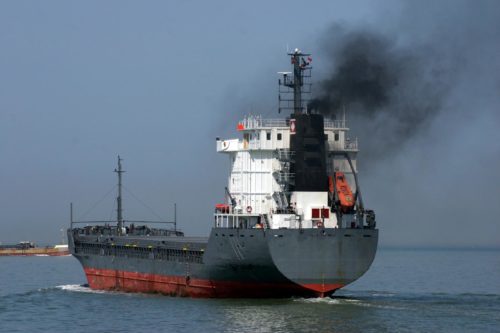Mutual insurers are holding their breath during the early weeks of IMO 2020 regulations, as fuel compliance, scrubber performance and wash water issues present a whole new series of liability risks.
The first of these categories covers a wide range of possible scenarios and P&I Clubs are likely to focus on whether there has been any level of wilful disregard for regulations in each individual case.
There is no transition period in place following the coming into force of the 0.5% limit on sulphur content from January 1 and therefore port state control (PSC) authorities have been enforcing the regulations since that date. The first non-compliance issues have already been reported in China a few days ago. PSC authorities will also enforce the regulation banning the carriage of non-compliant fuels from 1 March.
P&I Club risk managers are recommending that ship operators have robust vessel-specific Implementation Plans in place, supported by comprehensive records kept on board to demonstrate that the Plan has been followed meticulously. If a vessel is pulled up by PSC for a non-compliance issue, the crew must be able to demonstrate that they acted in good faith and that all reasonable actions were taken to comply with the regulations, they stress.
Risk experts also warn that ships’ crews could be under even more pressure to demonstrate that they have exercised all reasonable care in circumstances were compliant fuel is unexpectedly not available in a port where bunkers are required.
The IMO’s standard format Fuel Oil Non-Availability Report (FONAR) enables ship masters to report situations in which it has not been possible to procure compliant fuel. Once again, accurate record-keeping on board ship will be essential in such cases.
